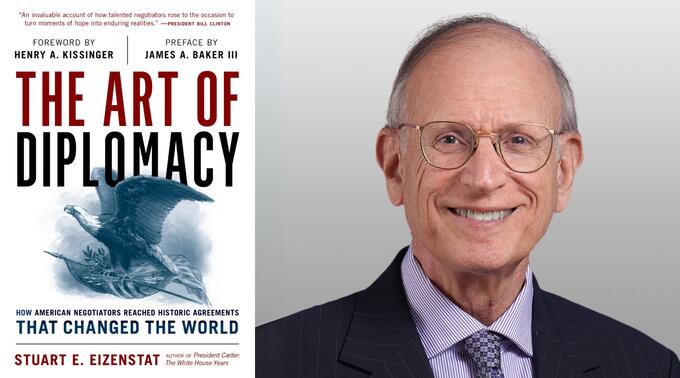Order Contestation in the Middle East: Lebanon Between Iran and Israel

Since its independence from French colonial rule in 1943, Lebanon has been a perennial bellwether of major geopolitical trends in the modern Middle East. Strategically located, populated by a diverse patchwork of ethnic and religious groups, and often too weak to fend off external interference, Lebanon is the quintessential arena for order contestation in the region. With the weakening of Iran-backed Hezbollah inside Lebanon, the fall of the Assad regime in Syria, and an uneasy ceasefire with Israel, can Lebanon turn the corner towards improved governance, stability, and perhaps even peace? This panel will explore what current dynamics in Lebanon can teach us about the actors and forces shaping the Land of the Cedars, as well as the wider Middle East.
ABOUT THE SPEAKERS
Hanin Ghaddar is the Friedmann Senior Fellow in The Washington Institute's Linda and Tony Rubin Program on Arab Politics. Her research focuses on Shia politics, Hezbollah, and Lebanon. The longtime managing editor of Lebanon's NOW news website, Ghaddar shed light on a broad range of cutting-edge issues, from the evolution of Hezbollah inside Lebanon's fractured political system to Iran's growing influence throughout the Middle East. Prior to joining NOW in 2007, Ghaddar wrote for the Lebanese newspapers As-Safir, An-Nahar, and Al-Hayat, and also worked as a researcher for the United Nations Development Program regional office. She is the author of the book “Hezbollahland.”
Abbas Milani is the Hamid and Christina Moghadam Director of Iranian Studies at Stanford University, one of the founding co-directors of the Iran Democracy Project and a research fellow at the Hoover Institution. His expertise includes U.S.-Iran relations as well as Iranian cultural, political, and security issues.
Amichai Magen is the Visiting Fellow in Israel Studies at Stanford University's Freeman Spogli Institute for International Studies. In Israel, he is a Senior Lecturer (US Associate Professor), Head of the MA Program in Diplomacy & Conflict Studies, and Director of the Program on Democratic Resilience and Development (PDRD) at the Lauder School of Government, Diplomacy and Strategy, Reichman University. His research and teaching interests address democracy, the rule of law, liberal orders, risk and political violence.
Only those with an active Stanford ID with access to Encina Hall E409 (Goldman Conference Room) may attend in person. Virtual to Public.

























